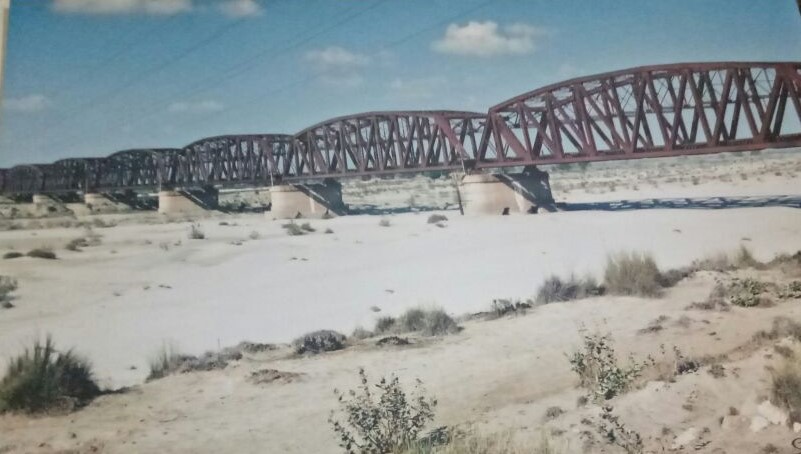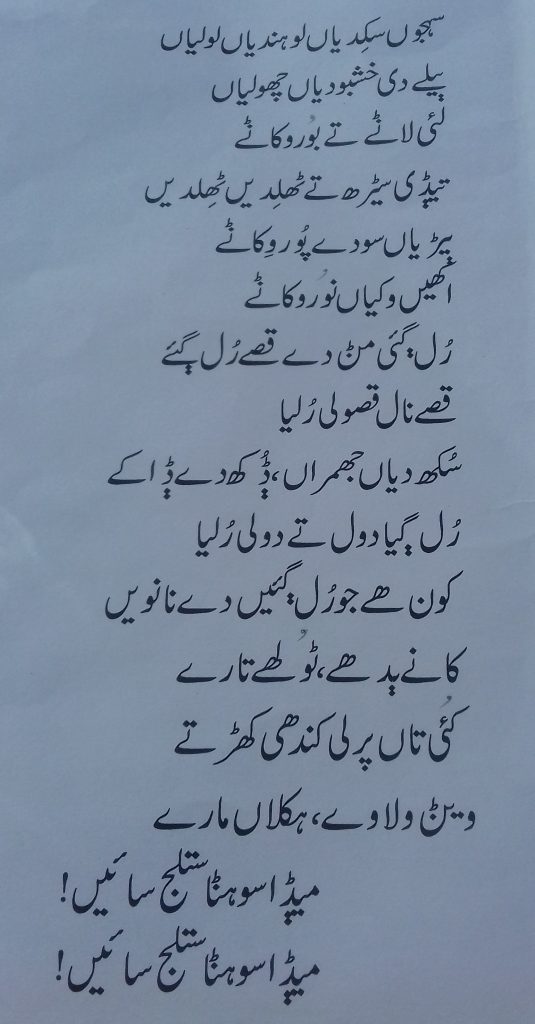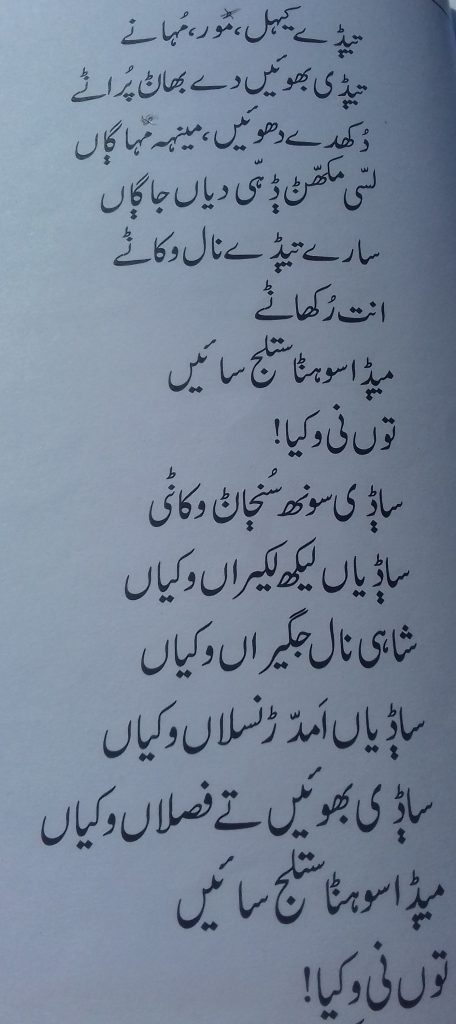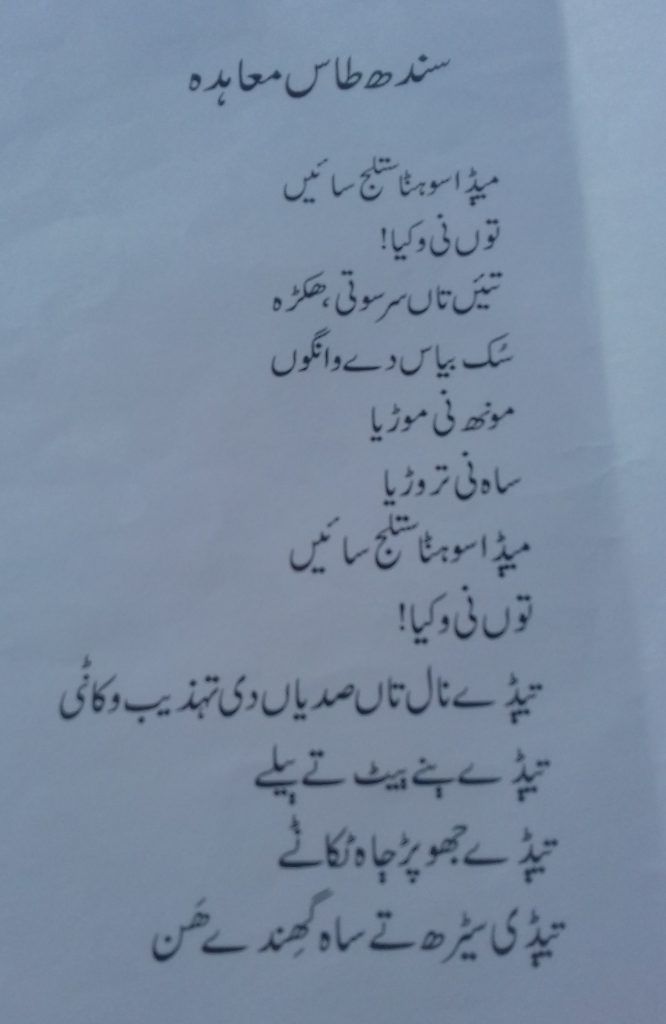
Indus Water Treaty was agreed upon between India and Pakistan on September 1960, which divided the five rivers flowing into undivided Punjab from great Himalayan mountain range in the north of the region. Notwithstanding the complexities of politics involved, this water treaty resulted into the slow perishing of river Sutlej on Pakistani side.
This has been contested by the people of the South Punjab in Pakistan, particularly the population from district Bahawalnagar and Bahawalpur. Part of the reason is that the agriculture innovation of Abbasi Period (1833-1947), when Bahawalpur was a princely state and under the reign of Abbasi rulers. These rulers developed Sutlej Valley Project, which was a canal system feeding on river Sutlej. After Indus Water Treaty (1960), river Sutlej went to India, and subsequently, the whole agricultural system in the region of Bahawalpur State collapsed and the areas came under the severe shortage of water for agriculture and human consumption.
Nevertheless, poets of the region reflect the pain of loosing a river through their poetry as they often mourn the death of slowly dying river’s ecology, culture, and subsequent perishing of human life around. There is a poem with the title “Indus Water Treaty” by poet Jahangir Mukhlis, who hails from city of Bahawalpur, that reminds us how politics and poetics can create possibilities of intellectual discussions when the geography of a region is drastically changing because of anthropomorphic influences.

Jahangir Mukhlis is popularly known for his love for landscape, topography and rivers. This particular poem by him is written in an epic style mourning the death of river Sutlej, and the loss incurred to life around riverine area.
Translation
O My Beautiful Sutlej, My Lord!
You did not betray,
Like did
Saraswati, Hakira, Bias;
Did not turn away from us
Did not stop watering us
O my Beautiful Sutlej, My Lord!
We did not lose you alone,
Centuries’ old civilization
Banks of yours
Their ecology,
Our river-dwellers
Their abodes,
Our customs and traditions,
The Smokes and Rains,
Cheese, Butter and lassi
All went away with you.
O My Beautiful Sutlej, My Lord!
We did not lose you alone
All our Identity
Our fortune
Our treasures, Royalty
Our Crops
Our Posterity
Went away with you.
My Beautiful Sutlej, My Lord!
We did not lose you alone
Our oral lullabies,
Water currents filled with fragrance,
Our Herbs and Seeds,
Banks anchoring to
Our boats,
Spectacles
Dear to our hearts,
Our oral legends
Our story-tellers,
Our dance of peace
Our pains,
Our drum
Our drum-beaters,
All went away with you.
O My Beautiful Sutlej, My Lord!
There is no one to tie
Weeds
In the name
Who are lost;
Though, some do mourn
Some shriek
From far-off bank.
O My Beautiful Sutlej, My Lord!
Poem explores the subject of human connection to a nature-world on a larger spectrum by touching the areas of ecopoetics, historical relevance, anthropological connections, and irrevocable loss to geography, culture, and society. It reminds us a number of local symbols, cultural codes, traditions and norms, those went away with the disappearing of river Sutlej.
Poet mourns the perishing of the unique classes of river-dwellers, the drum-beaters and the story-tellers, those used to be an integral part of Sutlej River and its culture. By invoking a nostalgic feeling about life-that-was when river was alive while portraying life-that-is when river is dead, the poem develops an impressive case of the loss of ecology, the loss of floras and faunas, and the loss of an aesthetic source to human society in the region.


